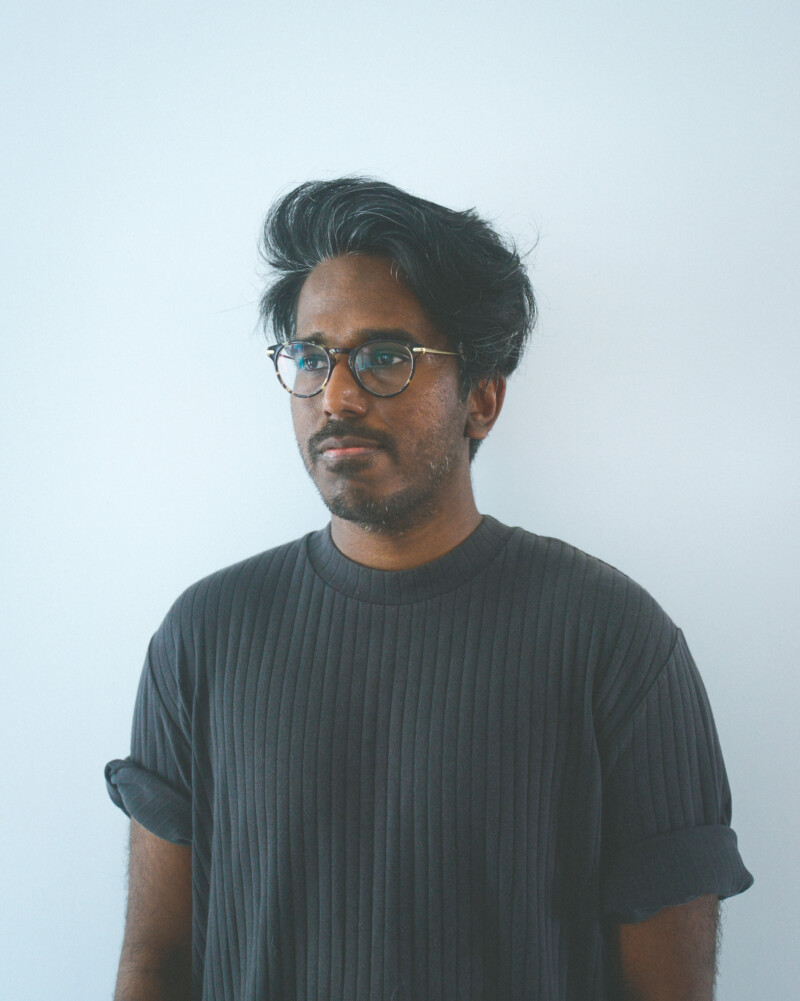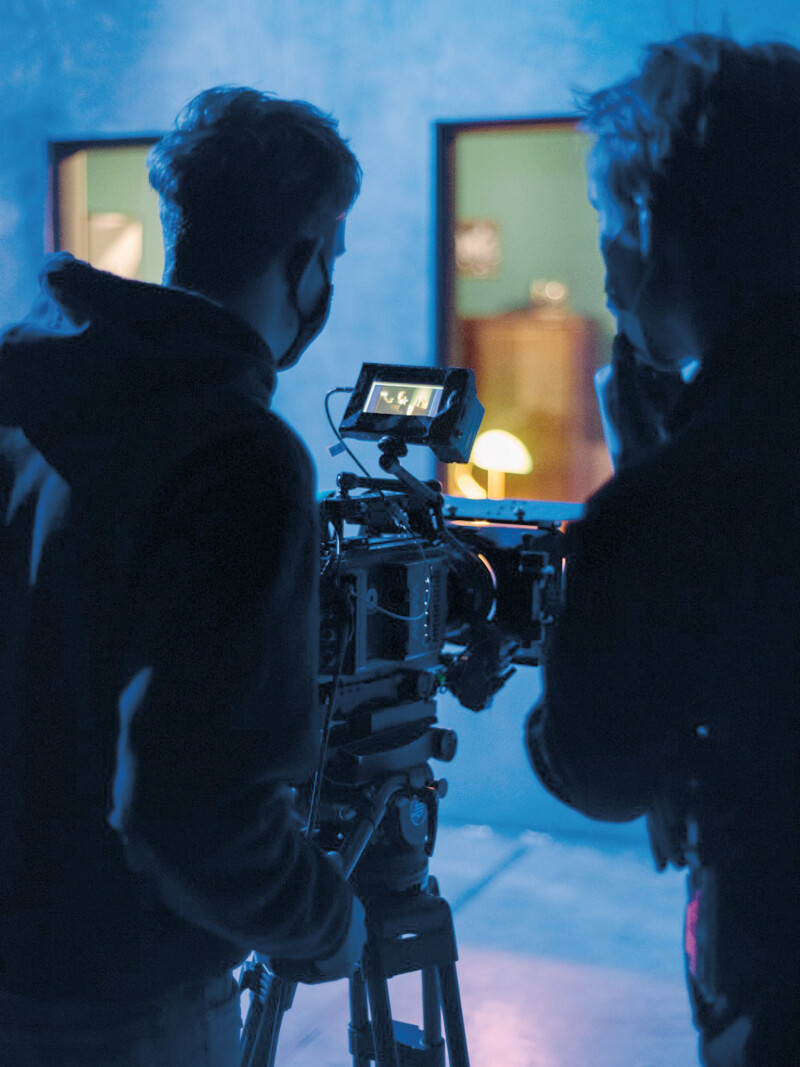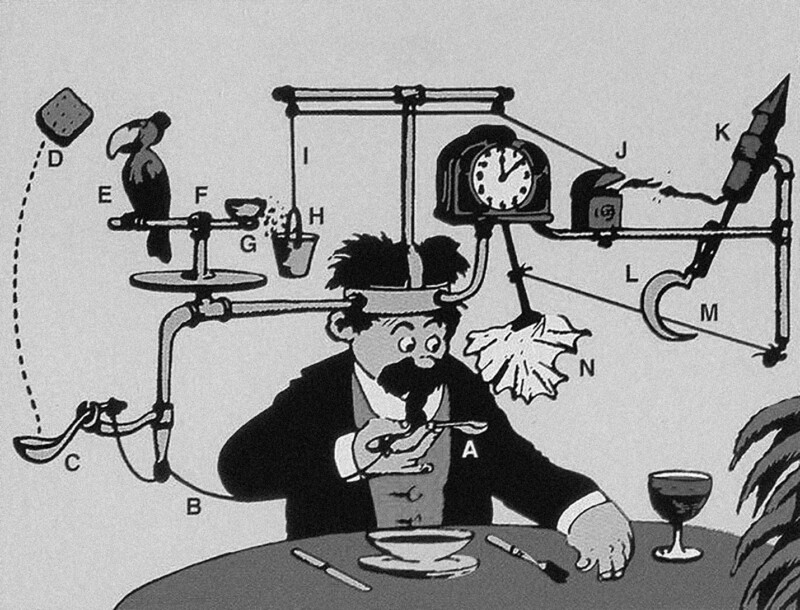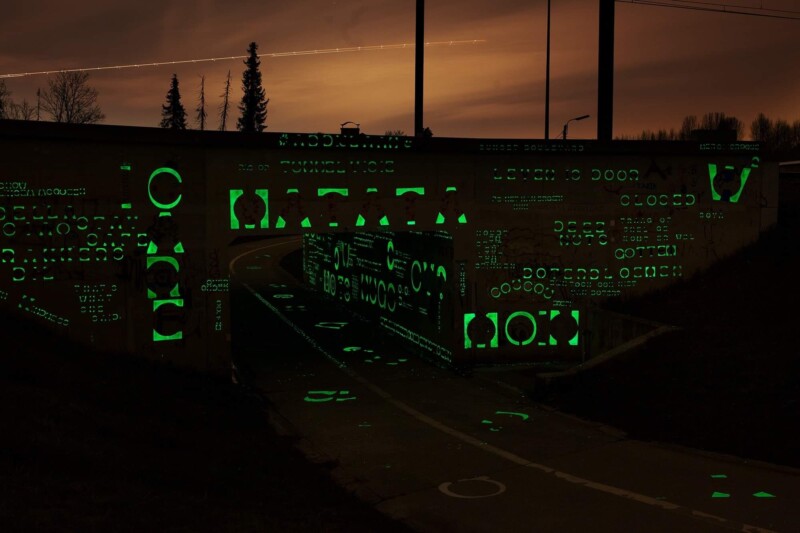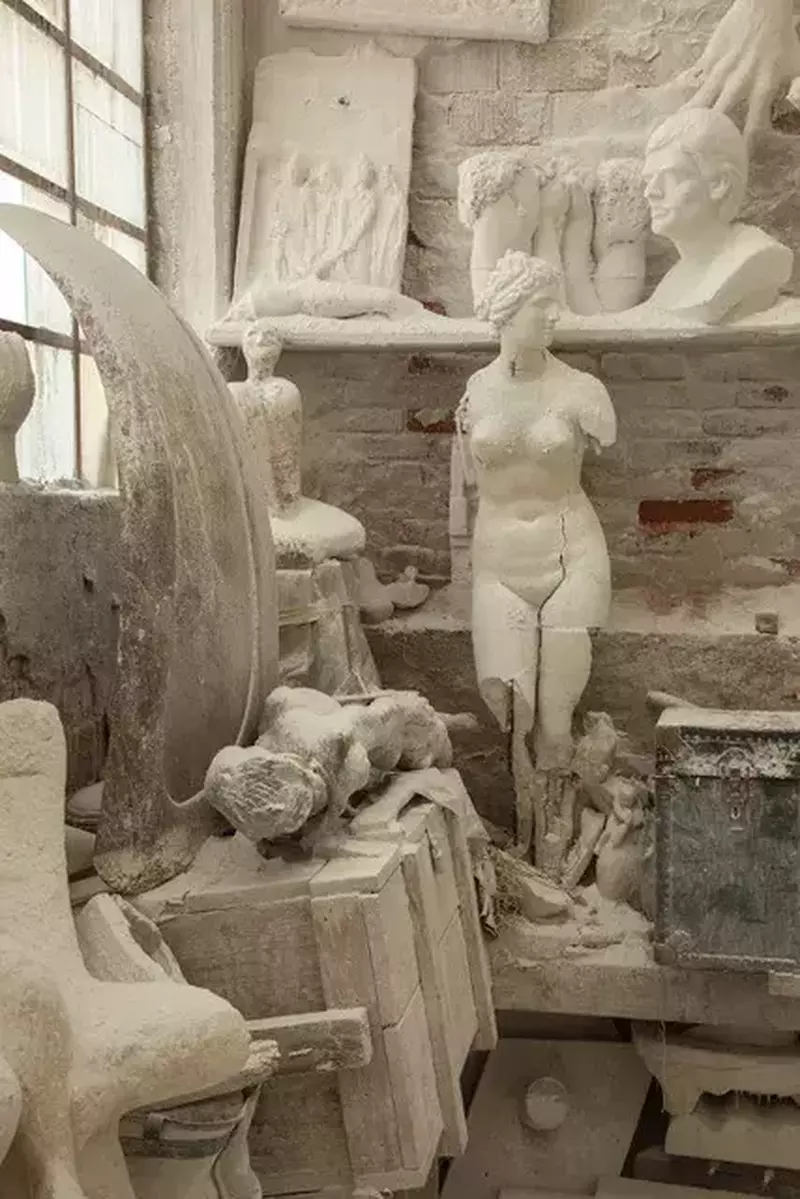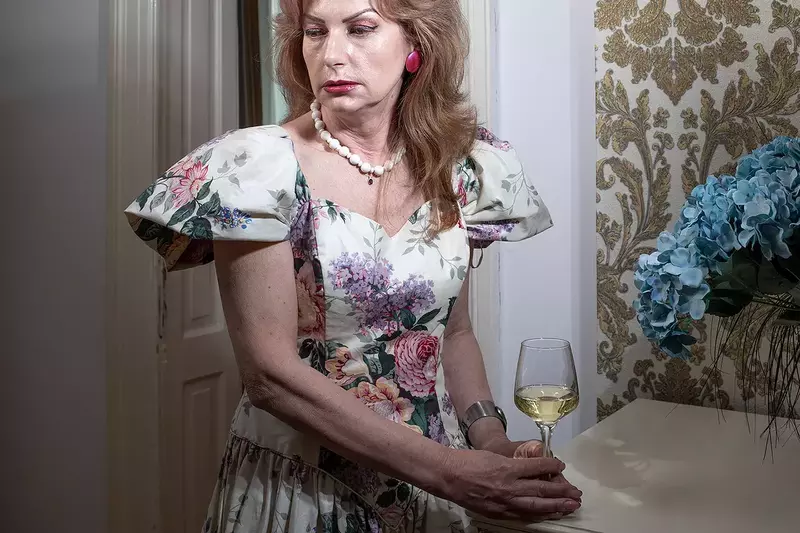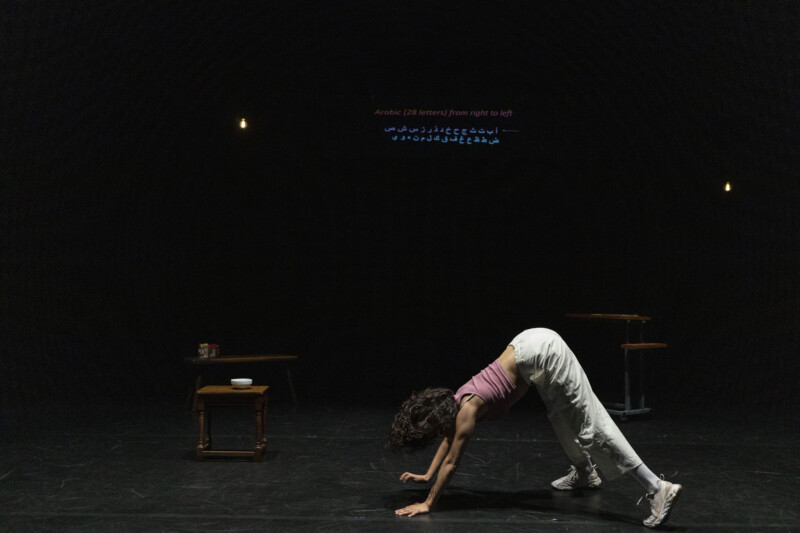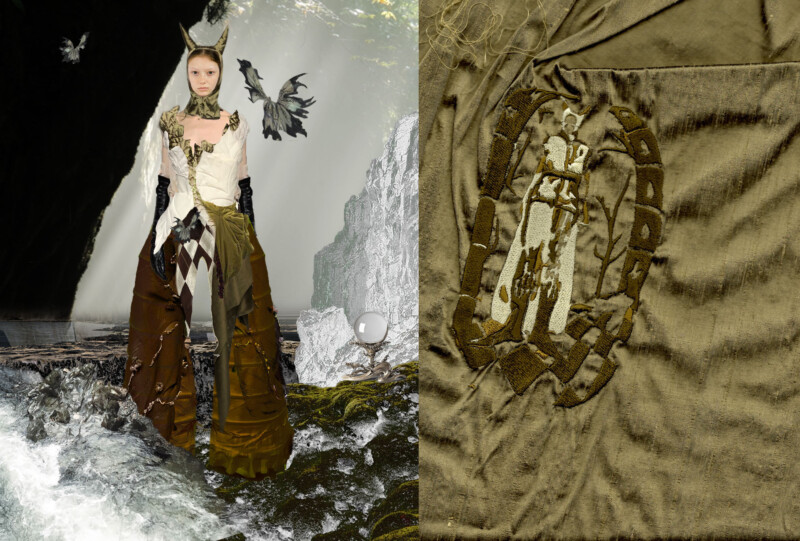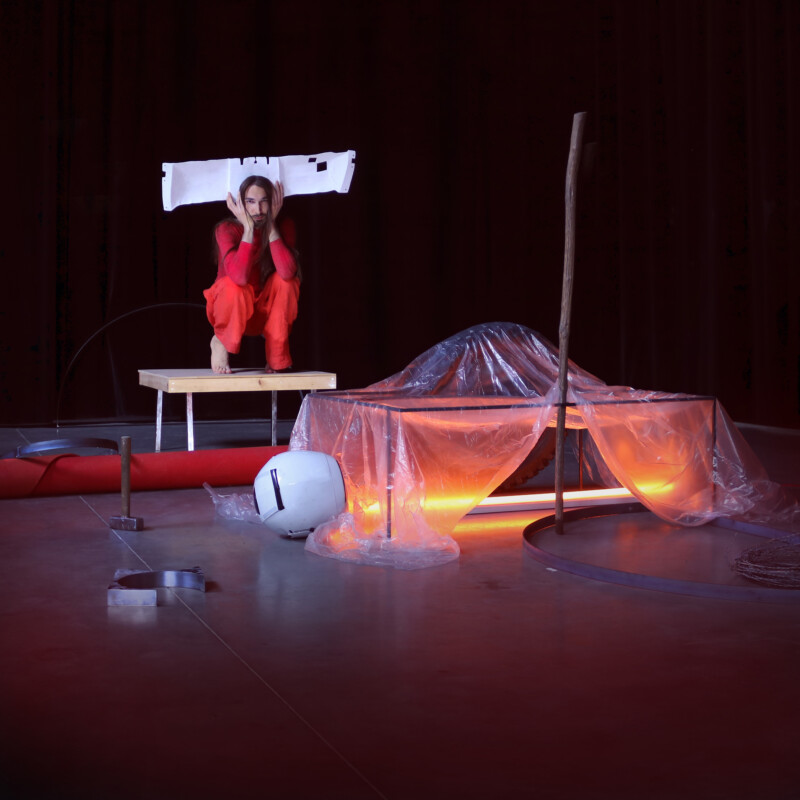Jelena Jureša
Arts of Oblivion
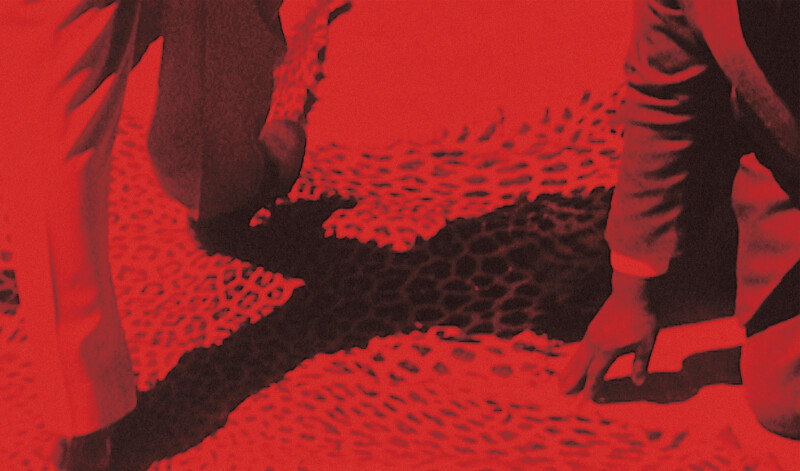
In recent years theorists and practitioners of memory have increasingly turned their attention to memory’s ‘other’, forgetting or oblivion. At best a secondary concern during the ‘memory boom’ of the 1980s and 1990s, the phenomenon of forget-ting commands widespread interest these days, not only in academic circles but also in the art world and across society.
Prominent memory scholars such as Paul Connerton, Aleida Assmann, and Paul Ricœur insist on the need to differentiate between different types or forms of forgetting, some constructive, others destructive. The anthropologist Ann Laura Stoler has famously put forward the concept of aphasia as an alternative to forgetting to describe European nations’ problematic relationship with their respective colonial histories. In a much-talked-about book, the journalist David Rieff provocatively calls for a rehabilitation of forgetting as a worthy pursuit. Memory loss is being studied as a major symptom of dementia, arguably the signature illness of this era of big data and information overload, which could yet become known as a ‘digital Dark Age’ to future historians due to the ephemerality of born-digital materials. Responding to what seems to be the opposite fear, a ruling by the European Court of Justice has enshrined a ‘right to be forgotten’ in EU law, giving EU citizens the right to have their personal data erased under certain circumstances. Meanwhile, numerous artists and activists have been investigating, documenting, and protesting processes and practices of for-getting, erasure, denial, and repression, often in response to official attempts to impose a hegemonic version of a contested past and to suppress, silence, or marginalize dissenting voices.
ARTS OF OBLIVION is an international symposium that will bring together scholars, artists, and activists who have been investigating, documenting, and protesting processes and practices of forgetting, erasure, denial, and repression, often in response to official attempts to impose a hegemonic version of a contested past and to suppress, silence or marginalize dissenting voices. The event will feature keynote lectures by Pumla Gobodo-Madikizela and Michael Rothberg, and will open up discussion on how, why, and to what effect contemporary culture addresses issues of forgetting in relation to a diverse range of individual as well as collective histories of violence, trauma, and illness. The programme will include a mix of presentations, interviews, roundtables, and film screenings, and allow ample time for discussion and interaction.
The symposium is organized by KASK & Conservatorium in collaboration with the Cultural Memory Studies Initiative (UGent), CiAsp (Université libre de Bruxelles) and TAPAS: Thinking about the Past (UGent) and is part of the KASK funded research project Unfolding Amnesia: An Interdisciplinary Research into Artistic Practices and the Politics of Oblivion.
Text: Jelena Jureša.
